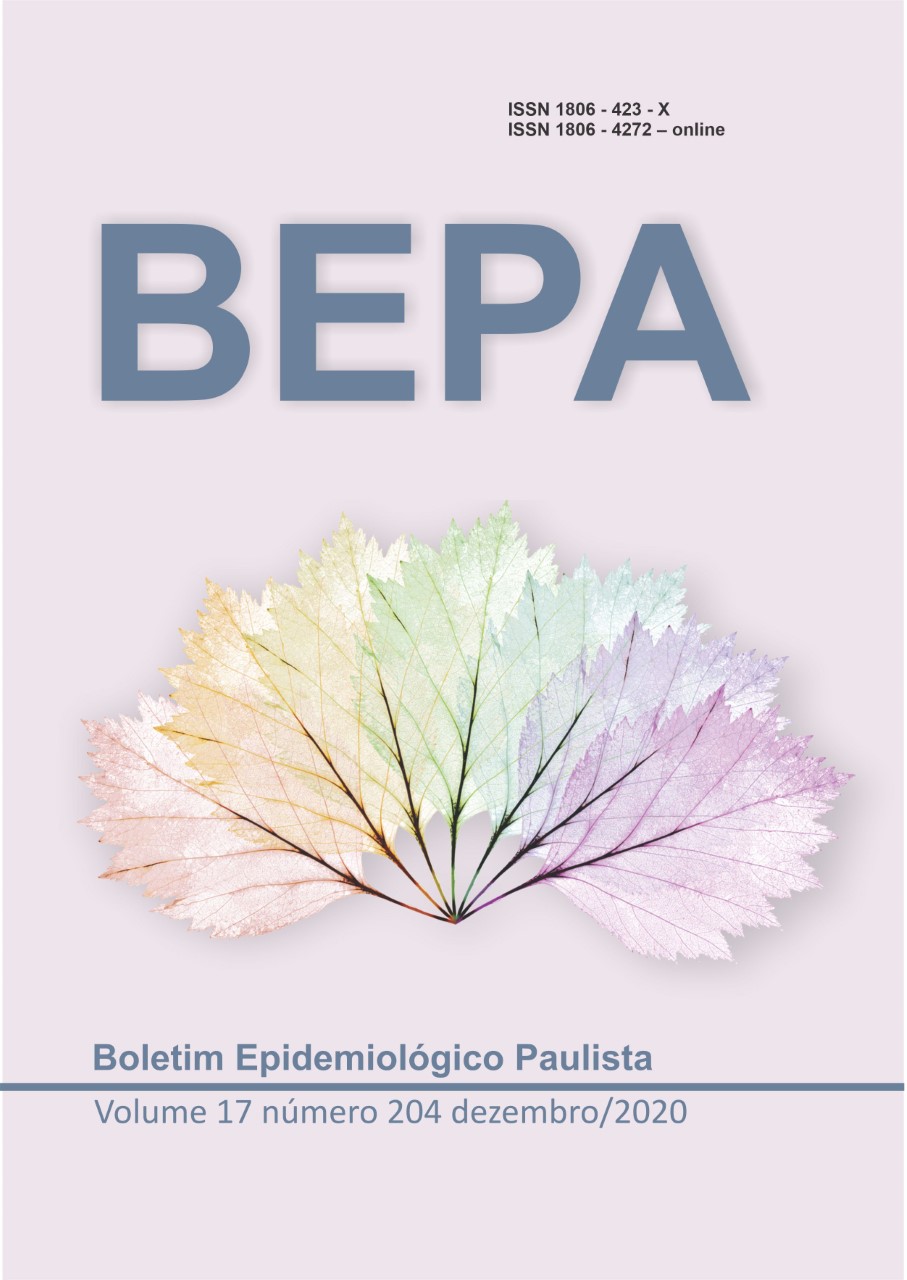Abstract
Human Immunodeficiency Virus (HIV) can cause Acquired Human Immunodeficiency Syndrome (aids), and cause other health complications, such as depression and HIV-Associated Neurocognitive Disorder (HAND). Few studies analyze the relation between HAND and depression or depressive symptomatology, although it is known that they coexist on HIV and have a significant impact on quality of life. The aim of the study was to evaluate the relation between HAND and depressive symptoms in HIV positive patients. 536 participants with the virus were analyzed through neuropsychological assessment and mood scale. We evaluated a total of total of 355 men and 181 women, with a mean age of 45.65 and 11.95 years of study. Participants were diagnosed with no HAND, Asymptomatic Neurocognitive Impairment (ANI), with Mild Neurocognitive Disorder (MND) and with HIV Associate Dementia (HAD). In addition, participants also responded to a questionnaire to rate the symptoms of depression on minimum, mild, moderate and severe depression. Of the 536 participants, 405 have some HAND form, 241 were diagnosed with ANI, 109 with MND and, 55 with HAD. The depression symptoms of the 536 participants were minimum in 56.0%, light in 15.7%, moderate in 15.9%, and severe in 12.5%. In the chi-square test significant statistical association (χ²(9) = 106,99; p < 0,01), but weak (Cramer V = 0.26) was found. Highlights are the participants with no HAND, who mostly have minimal symptoms of depression and those with HAD, who mostly present with severe symptoms of depression. In the regression test, it can be concluded that only HAD and MND have an impact on depression (p <0.001).

This work is licensed under a Creative Commons Attribution 4.0 International License.
Copyright (c) 2020 Ana Caroline Saldanha Martins, José Ernesto Vidal Bermudez
